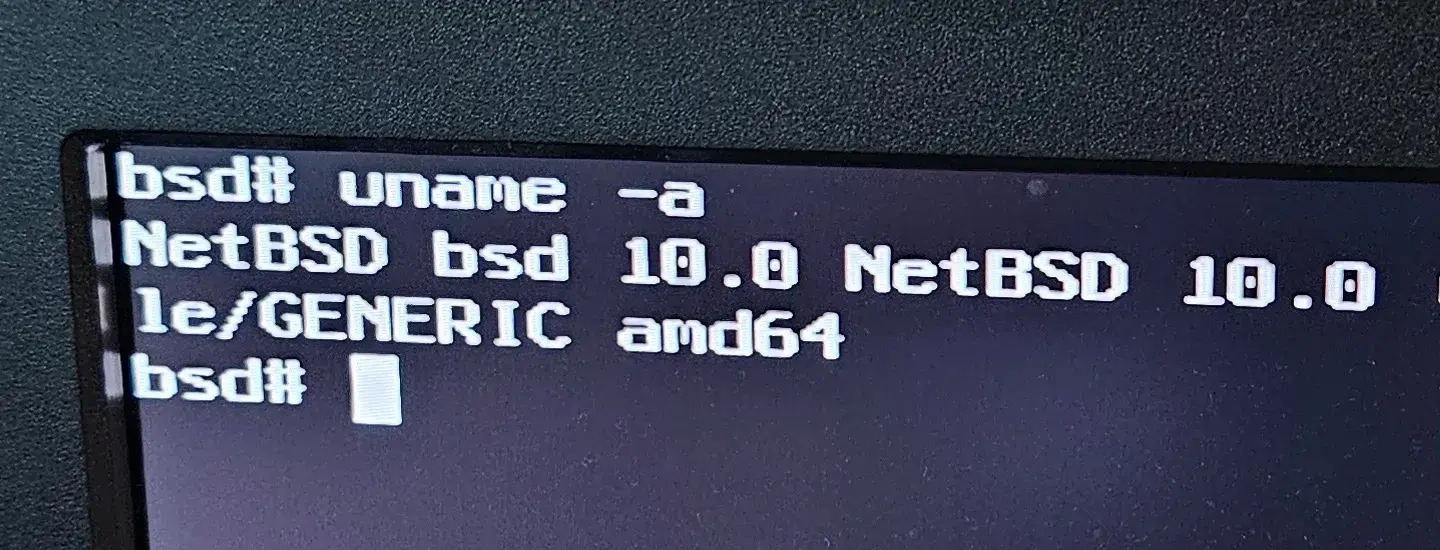- 23 Posts
- 49 Comments

 23·15 days ago
23·15 days agoI think you want to use AGPL. people can still make a closed source website out of your project due to the ASP loophole.

 2·27 days ago
2·27 days agoIf you can program you can probably create an instance and then a moderation bot that bans people with more then X comments or Y posts a day. maybe that would increase the average quality of content. sounds like an interesting experiment.

 1·27 days ago
1·27 days agoI use to use old forums, i don’t think the fediverse is worst then those old systems.
I think you could just ask a one time fee when registering or a monthly fee if you want to reduce moderators burnout or increase professionalization (in the best possible sense). maybe even just have the money used and publicly donated to some non profit (or stuff like funding lemmy development). maybe having a place where people know everyone donated to achieve some worthy goal will increase the trust between people.
Consider adding it to awesome lemmy which is linked to from the lemmy readme.
Legal then says later that the clause was not legally binding and can’t be enforced or such, making dev rollback to earlier Intel version
Yeah it was said by email, i actually did some research and turned out it is indeed not legally binding, i think it is good to know.
Sounds like a really useful project. do you have a link to the source code? (hopefully it is open source) , or a github/codeberg/whatever link? (so that people could easily submit issues). i can add it to awesome lemmy (or you can do it, its fairly easy).
software in the public interest
These donations can be made to SPI directly, or they can be marked for use by a particular member project. It is preferred that the donations be made to SPI, as they can then be used wherever the need is greatest. Donations to SPI that are not marked for a particular project will be distributed to the projects that are currently affiliated with SPI as needed, and/or used for SPI’s own expenses.
It’s pretty good for self improvement. I scored kinda high on neuroticism but after learning some psychology stuff like mindfulness/meditation/neuroplasticity/stoicism/ACT i managed to reduce it significantly after about 2.5 years. there was even a study recently that showed how using a app to change your personality and it’s not easy and require serious training like learning a language or a musical instrument. I hope we will get eventually some open source version of that app.
and of course you need to be open to it, humans have a documented bias toward not believing what might hurt there self esteem.

 2·3 months ago
2·3 months agoSimply because good encryption tends to be slow, making the app unproductive imo.
gocryptfs is very fast for me. i have a file with about 5600 lines and i detect no difference when opening it under encryption and not under encryption. but in gocryptfs each file is encrypted separately . so you could get some information about the directory structure. but the name of the files and folders is encrypted (“archive” for example turns into something like “AaL6P86WWMnqQkMYnsRBXg”).

 4·3 months ago
4·3 months agoSome types of content might take days to research or work on and might not have the audience to allow monetization by ads . mitra exists for those types of things and is open source unlike this project (it seems).

 1·3 months ago
1·3 months agoseems fairly simple , some form of XML? that gives you a schema that can be used to check the file and a rich software ecosystem of writers and parsers. Speaking of consensus based standards its also a standard way to store data.
I would not worry too much about encryption, i use gocryptfs which gives me a encrypted folder where i store my notes in org-mode (there is also gui software for this). the encrypted notes could be some encrypted folder and some sort of standardized encryption (or maybe the encryption type specified in the metadata?)
A standard name for a open source project \s

 1·3 months ago
1·3 months agothe extension could cease to exist, but you can absolutely still access your notes with any text editor decades from now. I still don’t get where the “non-future proof” here. Can’t really be more future proof than a simple text file.
Yeah but his kinda turns into a “programmers user interface” that will drastically reduce the usability. As time go by they could add more and more extensions that could make using it in a text editor harder to and harder (my cognitive bandwidth could be used for better things then monitoring that situation).
Arguably, open document format, although standardized, are harder to open and manage because it’s far more complex than a text file that ends with .md.
It does a lot more then .md . The structure of incentives will make it usable for a very long time if not forever (there is a lot of content in it, and having it standardized means organisations are more likely to use it). it has also passed the test of time by existing for 19 years. foam is less then 4 years old as far as i can tell.

 1·3 months ago
1·3 months agoHave you checked out awesome lemmy? you might want to improve an existing project.

 1·3 months ago
1·3 months agoYeah but as far as i can tell it still has extensions (see this) , there is no process including RFC where a standard is ratified like ISO/ECMA does for stuff like HTML/javascript/C++ or the open document format. i have some stuff that is more then a decade old that really don’t want to lose.

 2·3 months ago
2·3 months agoiirc yes, there was actually a link on every issue opened (see example), it was on bountysource which eventually died and iirc it was at a time where lemmy was not nearly as popular.

 1·3 months ago
1·3 months agoI suggest you to use something like a git repository + vscode + foam (https://github.com/foambubble/foam).
It’s not that future proof, it is using non standard extensions to markdown from what i can tell, so other software would not work with it . The most future proof alternative is creating some standard that is the result of a consensus among multiple implementations (maybe by enhancing common mark? but that seems like the wrong place).

 5·3 months ago
5·3 months ago


















Needs a web version you could set as a homepage .